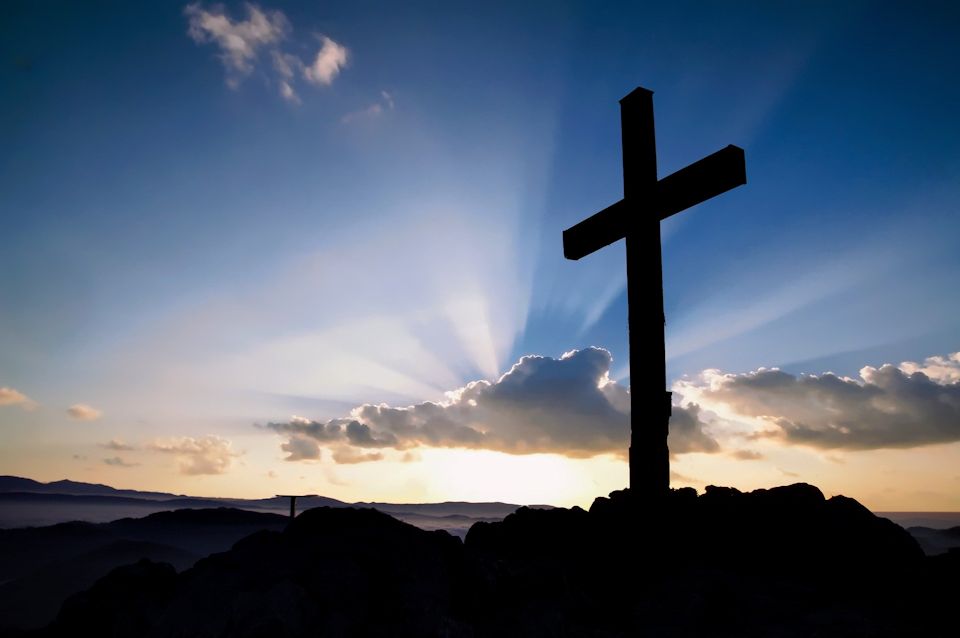Pastoring through a pandemic is difficult. Now, as in times of John Wesley, “Best of all, God is with us,” says the Rev. Jack Harnish.
JACK HARNISH
Retired pastor, Michigan Conference
It’s such a difficult time. It’s such an uncertain time. It’s a sad time, too.
We are in Gettysburg with our family and of course, the schools have announced they will be closed for two weeks. My dear grandson, Ethan, loves school, and LOVES his soccer team. So, he is really sad, but he understands the authentic concern about this virus, which is spreading beyond our grasp.
The fact that we as a nation are doing such a poor job of testing means we have no idea how many cases are out there, and the potential numbers of persons who could be infected are staggering. The collateral damage to lower-income workers and families could be devastating.
One of my younger clergy colleagues called and asked, “Well, have you ever pastored through a pandemic?” I replied, “No. I was there through 9/11, but then people CAME to church. Now you have to say, ‘Don’t come to church.'” So what does it mean to be the church in these difficult days?
The underlying question for the church becomes, “What kind of a God do you believe in?”
Right away, we can disregard the snake oil salesmen like TV evangelists Jim Bakker and Kenneth Copeland or the damnation preachers. They claim, “This must be God’s punishment for…” then add their favorite whipping boy–homosexuality, abortion, anti-Trumpism, whatever. Anyone who believes in that kind of a God can’t be considered Christian and doesn’t deserve the time and space I have already given them.
Some believe, “This must be God’s will,” or as I saw on one Facebook post, “Don’t worry. God is in control.” Really? If God “sends” a coronavirus to ravage people’s lives and the world’s economies, what kind of a God is that?
Then some believe in the God of Pollyanna piety. A favorite verse is Psalm 91:10: “No evil will befall you; no plague will come against your tent.” Bless their hearts; these folks simplistically believe if you just pray and trust the Lord, everything will be all right. Of course, I believe in prayer, and ultimately, our trust is in God’s goodness and grace, but I would still recommend you wash your hands! In the face of complex problems and an uncertain future, simple answers about a simple God simply won’t do.
I would suggest we look to the Scriptures to discover the biblical God and look to Jesus as the example of who this God really is.
In the Old Testament, I find a God who chooses to journey with God’s people, a God who remains faithful despite their sinfulness, a God who seeks to redeem God’s people by his grace. Did the people still suffer the agony of slavery in Egypt or the sorrow of the Babylonian captivity? Sure they did. But they survived by the assurance that this God was traveling with them.
We face the challenges of these days in the confidence that we do not face them alone. The God of Abraham, Isaac, and Jacob, Sarah, Rebekah, and Ruth still journeys with us to bring hope in the face of despair and calm in the face of confusion.
And in Jesus, we see a God who is willing to go all the way to the cross to demonstrate God’s unfailing, redeeming love. Even Jesus was not immune to human suffering, which comes to all of us at one time or another. He cared for the hurting and wept with the grieving. He went to the cross as the sign and seal of God’s unfathomable love. In the Resurrection, the darkness of Good Friday was turned into the victory of Easter. Even death was defeated in the promise of new life.
So the God we believe in is a God who journeys with us through these dark days. This God is “the God and Father of our Lord Jesus Christ” who promises us hope and new life.
In the dying words of John Wesley, “Best of all, God is with us.” We are not alone. Thanks be to God.
~ PS: Two things to do while quarantined: 1. Read a book. I would suggest the dystopian novel “Station Eleven” by Emily St. John Mandel. Set along the shore of Lake Michigan after a worldwide pandemic, the theme is “survival is not sufficient.” 2. Write letters on paper, put them in envelopes with stamps, and mail them. The Postal Service is still at work, and it can help overcome “social distancing.”
Last Updated on March 16, 2020

